This competition has now closed but thank you to all those who took part. Congratulations goes to our 5 winners who each won a bundle of Suttons herb seeds and a copy of ‘Wild Tea’ from Two Thirsty Gardeners.
For more inspiration on growing herbs that you could grow for culinary use or enjoying as a healthy homegrown tea, have a look at our list below.
5 of the best herbs for homegrown tea
Growing your own organic herbal teas couldn’t be more simple. And if you raise the herbs from seed, it’s a cost-effective way to fill your garden with aromatic plants to flavour your fresh brews.
From invigorating lemon to warming sage and refreshing mint, you only need a few herbs to create a wide range of interesting teas. In fact, The Two Thirsty Gardeners’ have written a whole book on the subject – ‘Wild Tea’.
Here are five of our favourite botanical flavours to get you started.
1. Lemon Grass
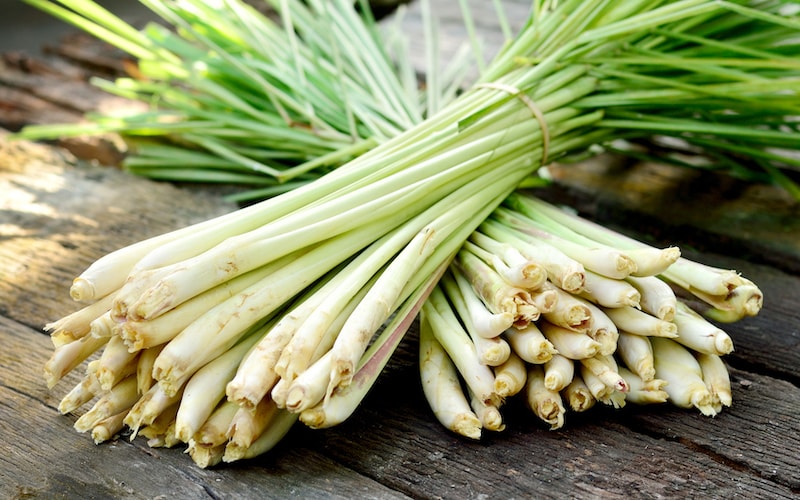
With anti-inflammatory and antioxidant benefits, the woody stalks of lemon grass are easily infused into an invigorating, healthy brew. Simply steep the stems in hot water, add honey (or your sweetener of choice), and enjoy. Alternatively, allow the tea to cool and add ice for a refreshing summer drink.
Sow the lemon grass seeds in a tray and pop them in a propagator or on a sunny windowsill to germinate. Plant outdoors during the summer months in a warm, sheltered spot in the garden and harvest the young stems as required.
2. Rosemary
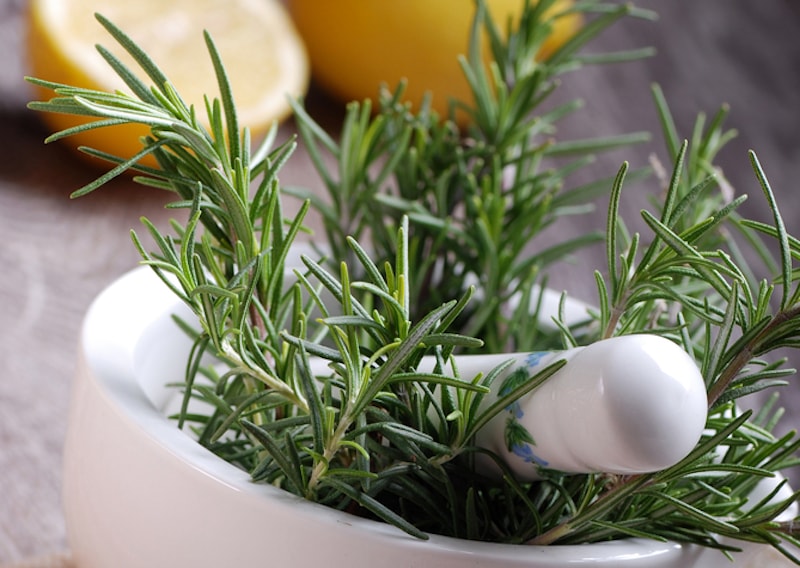
Widely used in herbal medicine, add some fresh sprigs of rosemary to hot water, let it steep for a few minutes and enjoy this caffeine-free hot drink throughout the day. With immune-boosting goodness, drinking rosemary tea is thought to help with digestive issues, regulate blood sugar levels and even reduce anxiety levels and boost your mood! Sweet tooth? Enhance the fresh pine flavour with honey or agave syrup if you prefer.
Sow your rosemary seeds directly outdoors from late April-May, and allow up to 40 days for germination. As they grow, simply thin the seedlings to about 38cm apart, or transplant them to a sunny spot. A low-maintenance and attractive perennial herb, rosemary grows best in well-drained soil and benefits from regular picking & trimming.
3. Sage
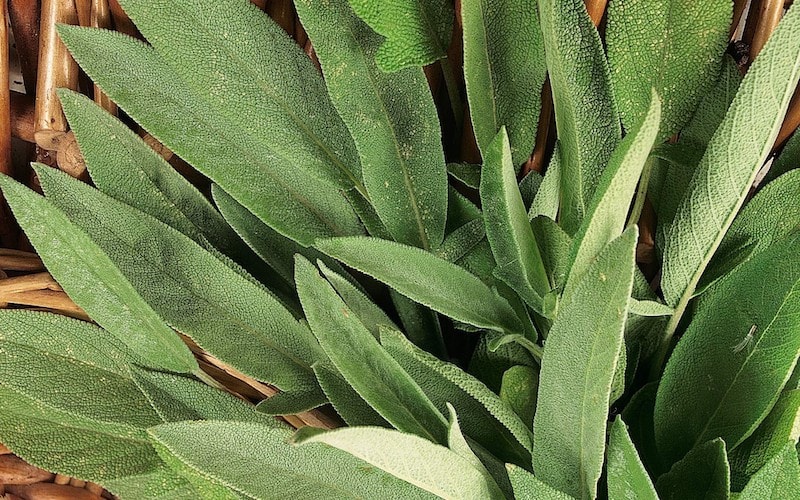
While traditionally used in the kitchen to accompany meats and stuffing, aromatic sage leaves can also be added to boiling water for a delicious, caffeine-free drink. Or if you want something more celebratory, try pairing sage with Bourbon or gin-based cocktails for a hint of warmth that will thrill your tastebuds.
Sow your sage seeds in a tray of compost on a sunny windowsill, ready to transplant out into the garden from late May. Attractive to honey bees and beneficial pollinators, sage is the ideal herb for kitchen gardens or ornamental borders. Harvest throughout the summer and into autumn.
4. Mint
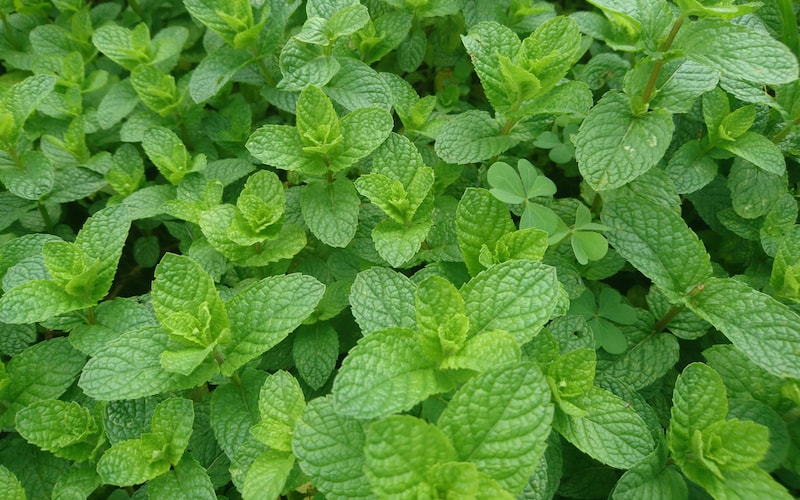
An incredibly popular herb, mint has been used to flavour food and infuse restorative teas for many centuries. In ancient Egypt it was used as a digestive, and a few sprigs of fresh leaves added to a cup of boiling water is still one of the most refreshing drinks we can think of. Often enjoyed after a rich meal, mint is also believed to improve concentration, relieve cold and flu symptoms and alleviate headaches. Add a slice of fresh lemon for a zesty twist.
Mint seeds are easy to raise and can be grown on a kitchen windowsill or outdoors. We recommend growing them in a pot as mint is an extremely vigorous perennial plant. It grows to a height of 40-50cm and can be harvested from April to September.
5. Lemon Balm – Lemon Calmer
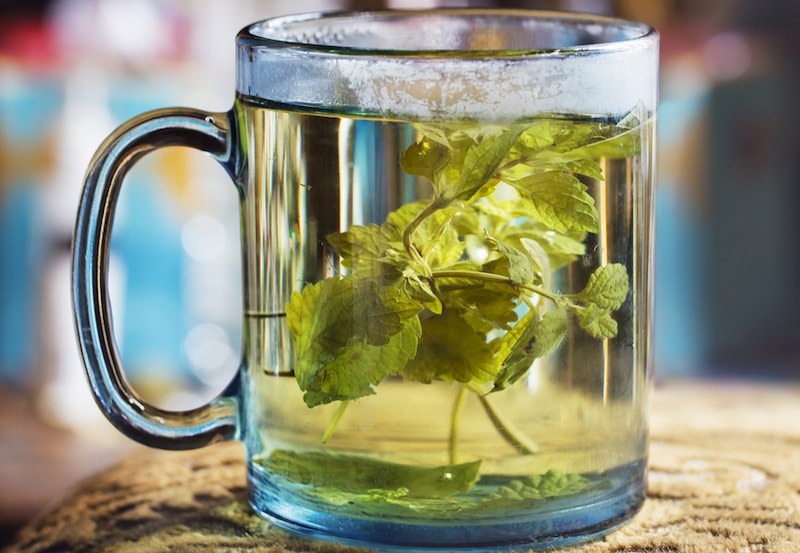
Smelling both minty and lemony, lemon balm is irresistible to bees and humans alike. Used since the middle ages to reduce stress, quell mild anxiety and improve sleep, a warm cup of lemon balm tea before bedtime is a natural way to soothe the soul.
Simply sow your lemon balm seeds onto the surface of good quality compost and cover with a thin layer of vermiculite. After about 21 days the seeds will germinate and the seedlings can be transplanted into individual pots. Plant out in moist, free-draining soil about 30cm apart, or pop these vigorous growers into containers near the kitchen door where they will release an intense aroma when brushed against. Each plant reaches a height and spread of 50cm and flowers from late May to June.
Best brew-it-yourself recipe book
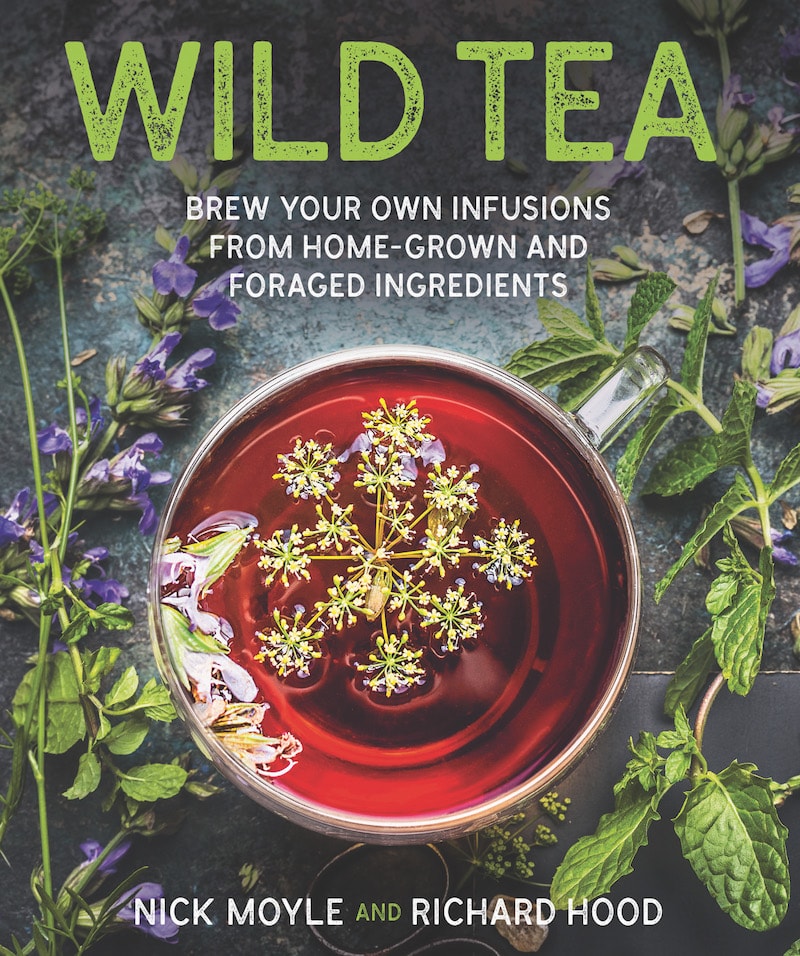
Last Updated on November 8, 2024 by Suttons Horticultural Team


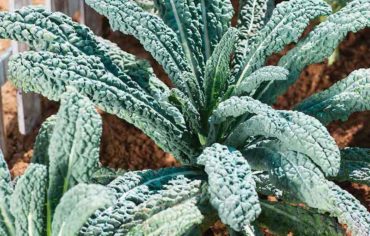


love your site- alas I have only window boxes…
Would love to win as i use lots of herns in my cooking.Any new ideas for meals is always welcome.
Amazing gift for our family thanks